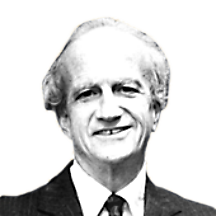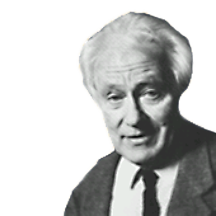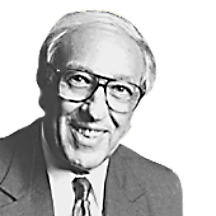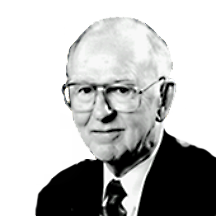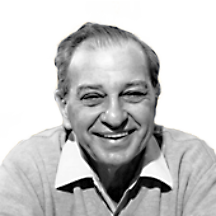Georges Charpak was born in 1924 in the little Jewish town of Sarny, Ukraine. He was 8 years old when his family emigrated to France. During the German occupation of France, Charpak joined a leftist group of resistance, was arrested in 1944 and deported to Dachau camp. He was liberated in 1945, being only 21. He started working in the “National Center for Scientific Research” in which he obtained his PhD. in experimental nuclear physics.
In 1957, Charpak published, at first, his ideas about detectors of particles; but his colleagues were not yet ready to exploit his proposals. In 1959, he joined the Leon Lederman team at CERN (The “European Organisation for Nuclear Research”) in Geneva to measure the magnetic moment of the muon. Since then, he didn’t leave this Center, forming his own team, pioneering in development of particles’ detectors.
In 1992, Georges Charpac was awarded the Nobel prize in physics “for his invention and development of particle detectors, in particular the multiwire proportional chamber”.
This invention made it possible to increase the data collection speed for registering charged particle trajectories and interactions. The development of detectors goes hand in hand with the general scientific progress. During the last two decades, various types of particle detectors based on Charpak’s original invention have been of decisive importance for many discoveries in physics, with various applications in medicine or biology.
the inventor of particles detectors in high energy physics.



